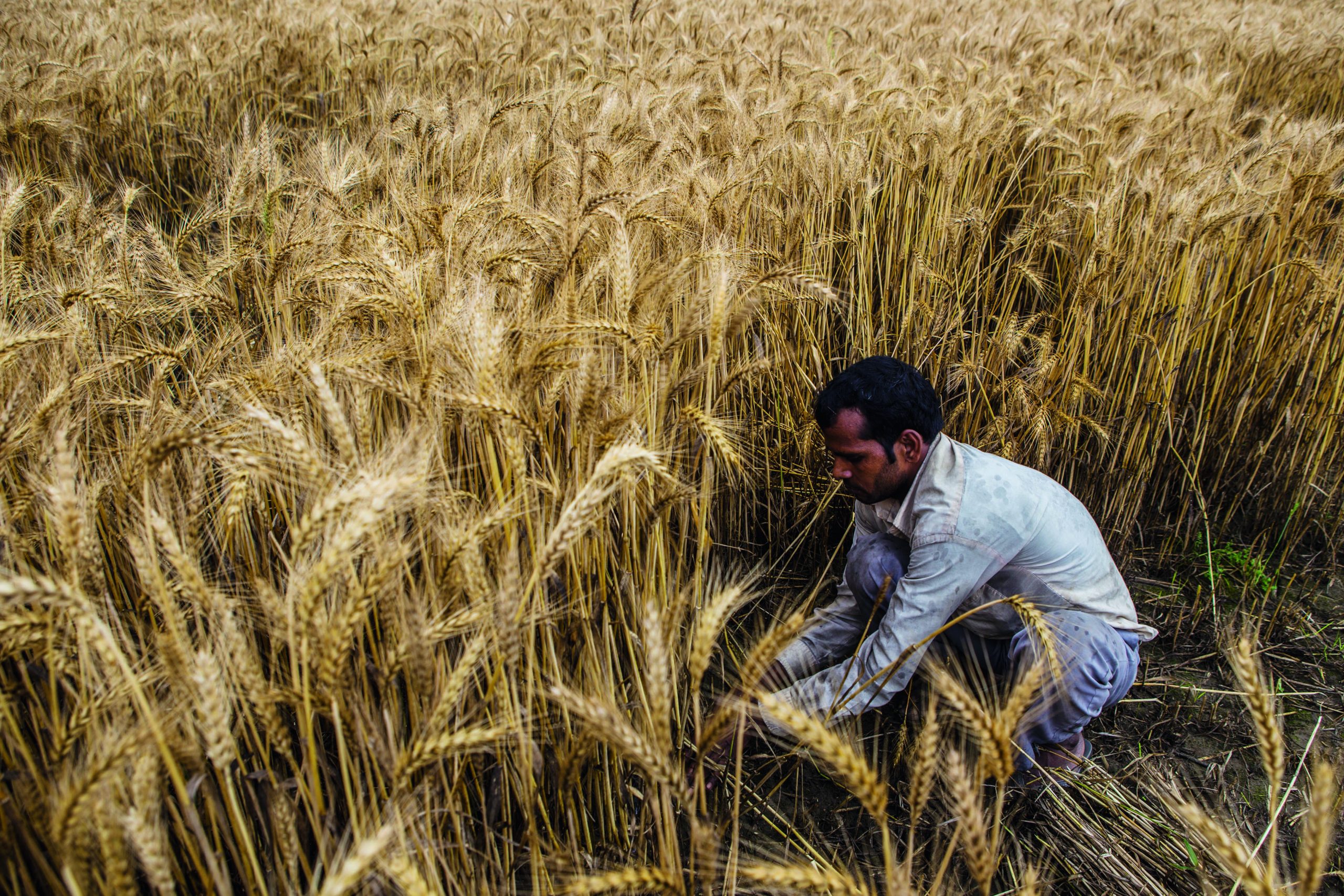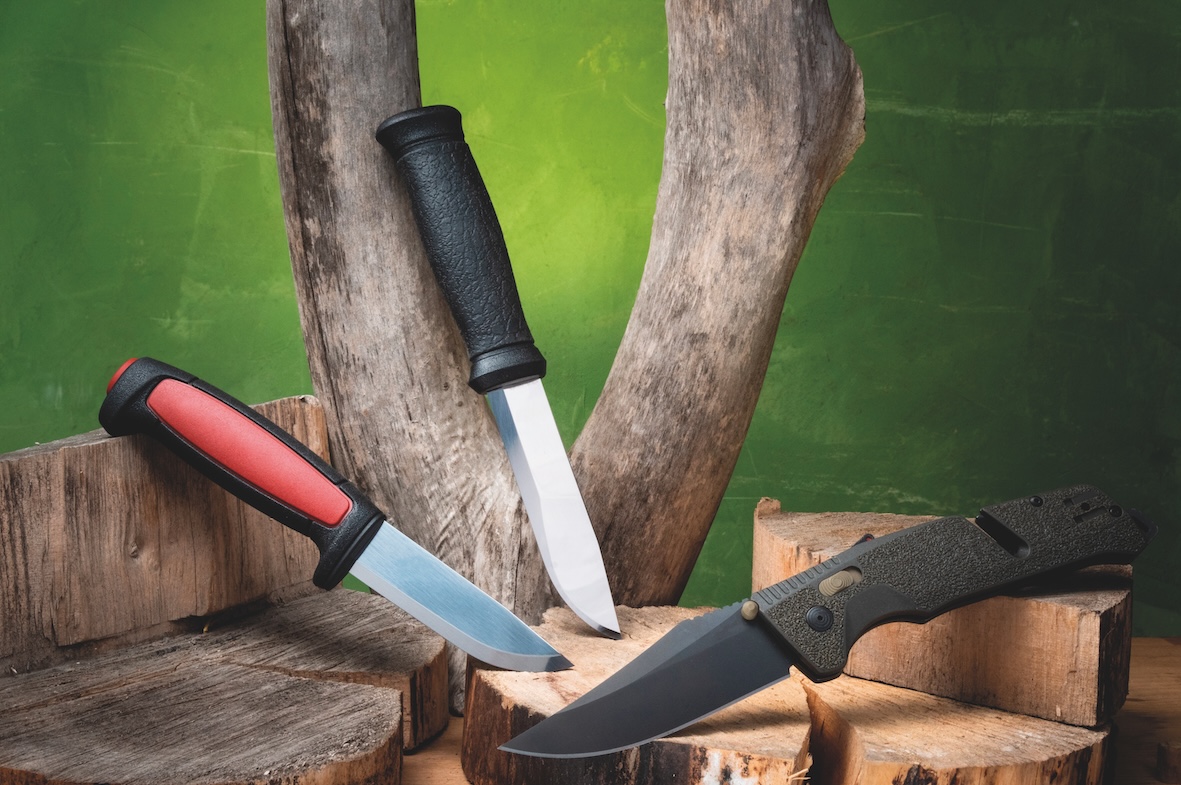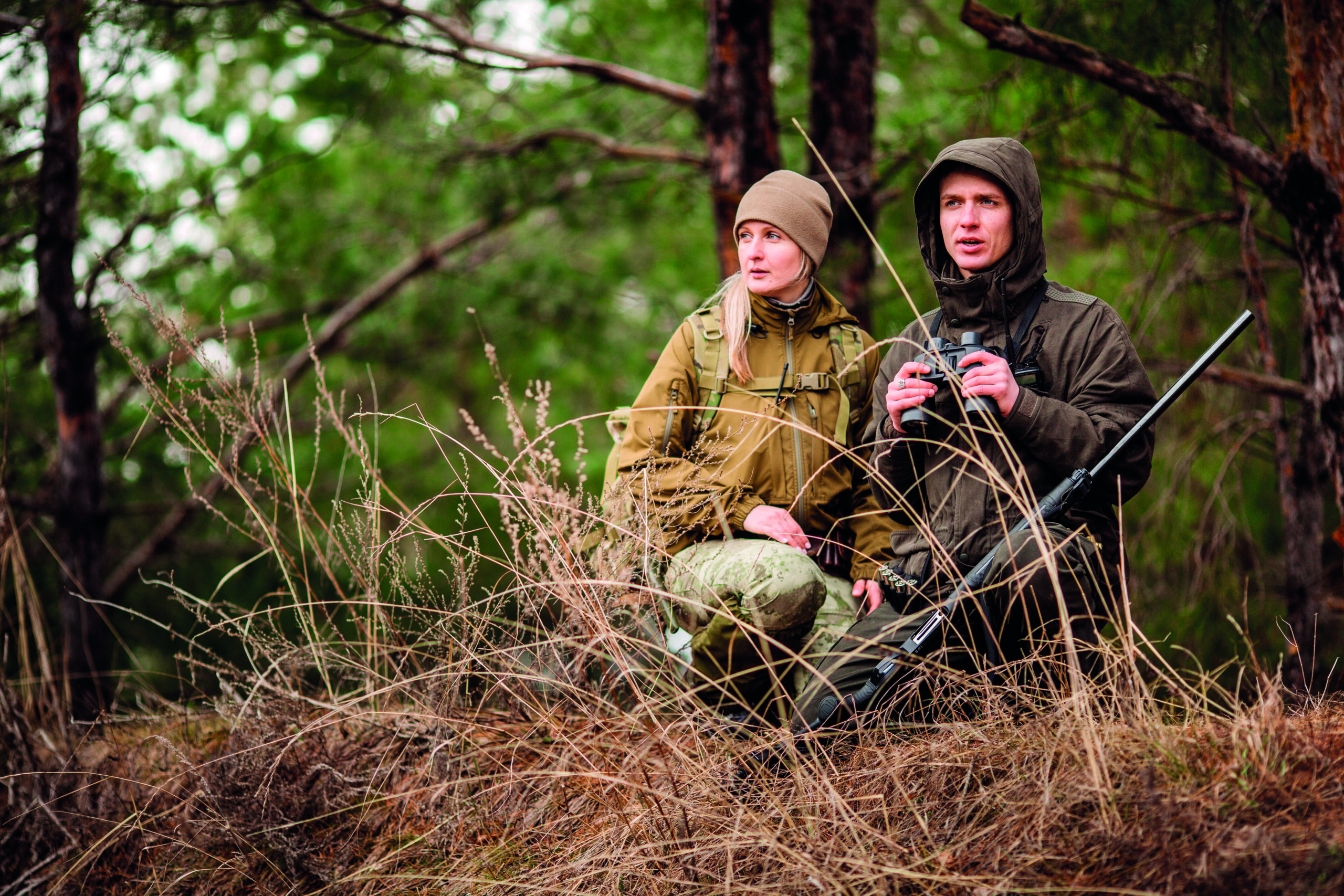Unwanted guns, wheat export ban and wildfire risks – this week in shooting
We're bringing you all the latest fieldsports news that you might have missed this week from the world of shooting.

Amnesty for unwanted guns

A firearm surrender programme run by all the UK’s police forces is under way. The scheme, which began on 12 May and runs until 29 May, allows anyone to hand over a gun at a police station without fear of prosecution.
Superintendent Graham Barnett, from Surrey Police and Sussex Police Joint Operations Command, said: “If you have firearms or ammunition that you don’t know how to safely dispose of, we can help. By surrendering your weapons now, it will prevent them from falling into the hands of criminals and endangering the public. Whether what you have is illegal or not, and whatever and however you came to have it, if you no longer want it, please hand it in.”
But not everyone from the shooting community approves. Firearms enthusiast Eddie Donchet said: “Of course illegal guns should be handed over, but if you hold it legally, why not try to sell it or offer it to a fellow shooter first?
“Giving a legally-held gun to the police for destruction should be a last resort.
Wheat export ban to hit UK

India’s announcement that it will restrict the export of wheat, plus a downbeat report from the US government, has pushed wheat prices even higher, piling the financial pressure on shoots.
Wheat production in India had been hoped to counter some of the global deficit caused by the war in Ukraine and by less-than-ideal weather in key wheat-growing regions. However, as Indian wheat prices shot up in expectation of crops finding eager international buyers, India’s government grew concerned about the ability of its people to buy flour, so banned nearly all wheat exports.
Further compounding the problem, the US Department of Agriculture issued its World Agricultural Supply and Demand Estimate just as the news of India’s ban was breaking.
The report predicted that there would be a significant drop in wheat production this year and that maize supplies would also be squeezed. News that there would be much less wheat on international markets than expected sent traders into a bidding war for what was available and UK prices chased global costs upwards.
Feed wheat prices rose by nearly £17 a tonne in one week, with prices for delivery at the end of this month at £351.80 a tonne.
‘Catastrophic’ fire could devastate Peak District

The Peak District is home to rare species such as curlew
The Peak District is at risk of a ‘catastrophic’ wildfire, experts have warned. The news that one of the UK’s busiest tourist spots was on the brink of an environmental calamity came in an expert report commissioned by the National Park Authority.
The experts combined the knowledge of local land managers with the latest in computer modelling to map the potential spread of wildfire in the area around the Derwent Valley. Their alarming conclusion was that a fire that was beyond the ability of the fire and rescue services to control was a real possibility.
Anthony Barber-Lomax, one of the report’s authors, said: “There is a significant risk of a wildfire which would be beyond the scope of the fire and rescue service to control. This is particularly worrying as the moorlands of the Peak District are home to some of our rarest species such as curlew, short-eared owl, mountain hare and merlin. As a society we must act now to address some of these risks, to protect people, property, precious habitats and the vast carbon reserves stored in peatland. There is an urgent need for mitigation strategies to be deployed without delay.”
Among the causes of the situation identified in the report were a drop-off in the use of controlled burning as traditional land management practices are squeezed out of the area.
Colombia bans sport fishing

All catch-and-release fishing has been banned by Colombia’s supreme court
Colombia’s supreme court has banned all catch-and-release fishing, citing cruelty. In an eight-to-one decision, the justices ruled that sports fishing was unconstitutional because it “violates the principles of environmental protection and animal welfare” and results in the “deterioration of the nation’s hydrobiological resources”.
A sports fishing industry has recently begun to flourish in Colombia’s more remote regions after a peace deal was signed with the FARC rebel group. “We were beginning to recover from the pandemic with the arrival of skilled adventurers, the majority flying in from Bogotá in chartered aircraft and hiring guides to take them fishing in our pristine canyons and lagoons,” Sergio Torres, a guide in La Uribe, Meta, told Colombia’s The City paper.
“They spend good money to catch large fish, and are very environmentally aware,” he added.
A key consideration was whether fish were sentient. The court said: “Although there is no consensus as to whether fish are sentient beings, the truth is that by virtue of the precautionary principle… the intervention of the state is necessary.”
The precautionary principle has long been a central part of British environmental law and legal changes have given fish the status of sentient beings in the UK.
Hunting pits found around Stonehenge

The hunting and shooting men and women of Wiltshire are heirs to a tradition stretching back at least 10,000 years, according to the findings of archeologists. Excavations undertaken at Stonehenge have discovered that thousands of pits dug around the site, one of which is more than 6ft deep and 13ft wide — the biggest of its kind found in north-west Europe — were used to catch animals such as boar and deer.
Big news for our endangered birds

More than 1,900 farmers, gamekeepers and other land managers braved appalling conditions to monitor birds on their land for the GWCT’s Big Farmland Bird Count 2022. The survey covered 607,000 hectares and more than 420,000 individual birds were counted. Among them were 26 red-listed species, with seven of these among the 25 most frequently seen. In good news for fans of the ‘grey grouse’, woodpigeons were the most numerous species spotted.








